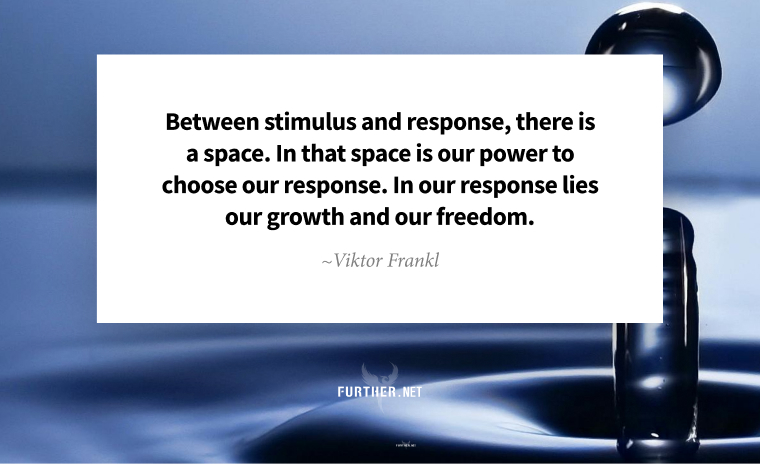
We live in an “urgency culture.” Chances are, in the two or three minutes it takes to read this article, you’ll be interrupted multiple times by a text, email, or an irresistible urge to watch parents dancing like it’s the ’80s on TikTok.
But do you have to react immediately? Does anything — save a life-threatening situation — deserve your time and attention on the spot?
Don’t answer that. Instead, take a breath. Check in with yourself. And then, read on to learn how to regain your power by hitting the pause button.
React vs. Respond
A friend recently schooled me in the difference between responding and reacting. She caught me off-guard by calling to ask for my (unpaid) help with a complex project. I was so flustered I couldn’t take in the details. As soon as we hung up, I fired off an email that barely disguised my annoyance at her request.
A week later, I received her reply:
Sorry to have taken so long to get back to you, but I had to sit with my thoughts.
Then, she clarified the murky points and addressed my concerns — allowing us to reach an agreement.
Each of us was acting according to our brain’s wiring. The reactive state is governed by the sympathetic nervous system (SNS), and the parasympathetic nervous system (PNS) influences the responsive state. They work together, but if the SNS dominates, it becomes impossible for you to feel calm or content.
While reactivity is automatic and immediate, responsiveness invites a pause:
Taking a break, we challenge the premise that a stimulus necessarily leads to a reaction. Instead, there is an opening for awareness; the next move is up to us.
Maybe you won’t give yourself the grace to wait a week to reply, but sometimes, all it takes is a few minutes to choose a more productive action.
Mine the Gap
In a pinch, David Gelles, author of Mindful Work, recommends a mindfulness practice he calls STOP to get to the pause. You’ll recognize it; I used it in the opening of this article:
- Stop for a brief pause, regardless of what you’re doing.
- Take a breath, noticing the sensation to ground you in the present moment.
- Observe. Notice what’s happening, for better or worse, internally and externally.
- Proceed. Now that you’re grounded, continue with your response.
Another technique for practicing breaking habituated reactions involves holding off on scratching an itch by breathing and sitting with it. You could also try to “come to your senses” by thinking about what you see/hear/feel/taste/touch in a given moment before taking action.
If these ideas give you pause, you’re on the path to a bigger-picture perspective and better decisions. My reaction to that? 👏👏👏
Increase Your Agency By Responding, Instead of Reacting (Mindful)
